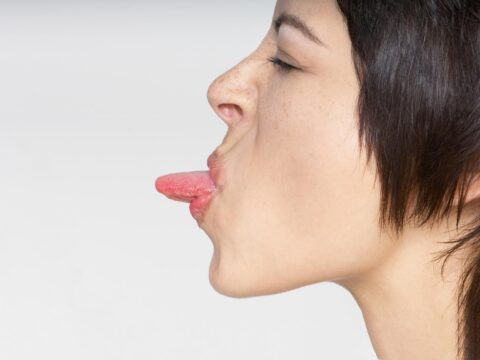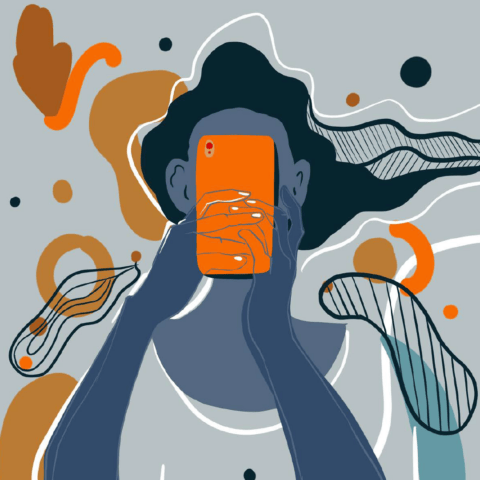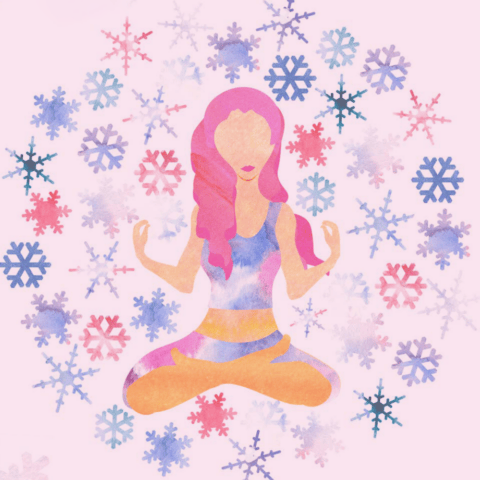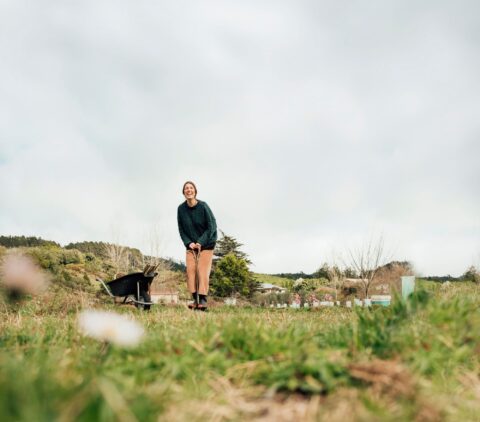Doctors usually prescribe medication for health issues, which can be appropriate and absolutely required. But there is also a new holistic tool available now that can help with issues too, says Dr Robin Youngson, who is a former anaesthetist, now a trauma therapist. It’s called Havening (a word which translates to mean “safe place”).
Robin Youngson teaches Havening to health experts like counsellors, psychologists and other health workers. He also works as a Havening practitioner at his own clinic based in the beach location of Raglan in the North Island of New Zealand. He works with clients in person, or via zoom.
Youngson spoke about the “compassionate medicine” tool of Havening at The Future of Medicine conference in Auckland recently held by PREKURE, a company that trains health coaches. This company aims to put prevention, not cures, at the heart of medicine in New Zealand.
Who is Dr Robin Youngson?
Youngson is a doctor who has swapped his career from using ‘needles’ to ‘neuroscience’.
He is a qualified anaesthetist with 25 years’ experience in the industry. He is also known as an international healthcare leader who has sat on two national health committees in New Zealand and was an advisor to the World Health Organisation on patient safety.
In 2016, the New Zealand Medical Association gave him their highest prize, The Chair’s Award, for outstanding contribution to the health of New Zealanders. Dr Ashley Bloomfield is another medical professional who has also been honoured with The Chair’s Award.
It was three years ago that Youngson abandoned working in traditional medicine and using the medical letters after his name. He prefers to work full time as a Havening Practitioner and trainer. He feels this helps Kiwis more.
The developer of Havening is an internal medicine specialist and researcher in New York, Dr Ronald Ruden. In 2018 he published a scientific paper describing exactly how emotional trauma is encoded in the Amygdala part of the brain, and how the process can be rapidly set in reverse.
Youngson first discovered Havening in a book by author Harry Pickens. Youngson was sceptical when he read that this technique could help people deal with trauma and mental health issues. So he tried the technique first on himself. He says Havening helped him deal with his own medical traumas and personal issues like abandonment so profoundly that he was inspired to share the technique with others.
He uses Havening to help clients to calm anxiety, release toxic thoughts, or to free themselves from trauma.
Accompanying the release of trauma is a sudden shift in the client’s physiology like a reduction in blood pressure and cortisol.
How does Havening work?
It’s essentially a psycho sensory technique to switch off the brain’s panic button.
Youngson directs clients on specific self-soothing touches on either their face, arms or upper arms, while incorporating distraction mind techniques, or sometimes a mantra that helps people to feel “calm”. Breath work is used too. He also helps direct clients towards embracing compassion, uses love and kindness, and gratitude-directed thoughts, to foster more resilience too.
These things can all help to slow down a patient’s heart-rate and lower their blood pressure, as well as help to rewire their brain into a calmer state.
The touch sends signals via skin receptors and nerves that are specialised to recognise soothing touch. These nerves are hard wired into the emotional centres of the brain. They send signals that convey safety, connection, and love. While fear-based hormones dissolve away”.
The result is that the nervous system “settles down”.
“All the body’s systems that nourish and heal you are being activated again. Your immune system is being bolstered too.
“This allows clients to be more present in the world and notice more in the world and not just the things that cause them fear”.
What are Some Types of Havening Self-Touch?
Holding the hands upright and rubbing the palms together.
Crossing arms and rubbing hands from the shoulders down towards the elbows.
Stroking hands over the forehead and down the cheeks.
At the end of a Havening session, Youngson asks a patient to again rate the trauma out of 10. Often patients report that the memory is still there, but they are no longer as highly triggered.
“I give all the power to the client, a reversal of the usual doctor-patient relationship. I create deep safety through empathy, compassion, non-judgment, and emotional validation”.
Youngson admits that this treatment might sound “sketchy”. It is untested at length in medical journals and so is not yet widely accepted by medical professionals. However he says a UK trial of one session of Havening showed highly significant reductions in blood pressure and cortisol, persisting one month after therapy. A recent scientific trial reported in Neuroscience News confirmed that Havening touch reduces the subjective distress after a traumatic event, and changes brain activity.
Youngson says his new work is in response to an increasing demand for holistic therapies that are non invasive.
What humans need to heal from mental distress and illness, according to Youngson:
• Loving kindness and compassion.
• Human connection and healing touch.
• Validation of all of our mental experiences (not dismissing them as pathology).
• Non-judgment and non-labelling.
• A safe, healing physical environment.
• Nourishing fresh food.
• Connection to nature.
• Exercise.
• Holistic approaches to health and wellbeing – supporting mind, body, spirit, and relationships.
• A sense of community.
• A sense of personal agency and self-worth.
• Personal meaning and purpose.
• Being part of something bigger than ourselves (spirituality).
Pictured below: Dr Robin Youngson demonstrates a Havening touch technique.
Related article: A touch of tenderness: The bliss of self-massage.








